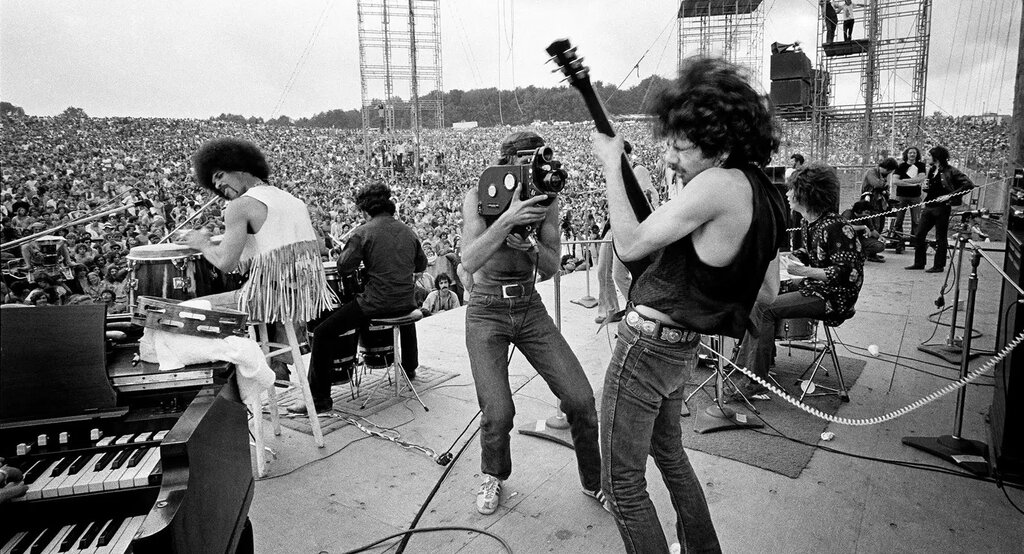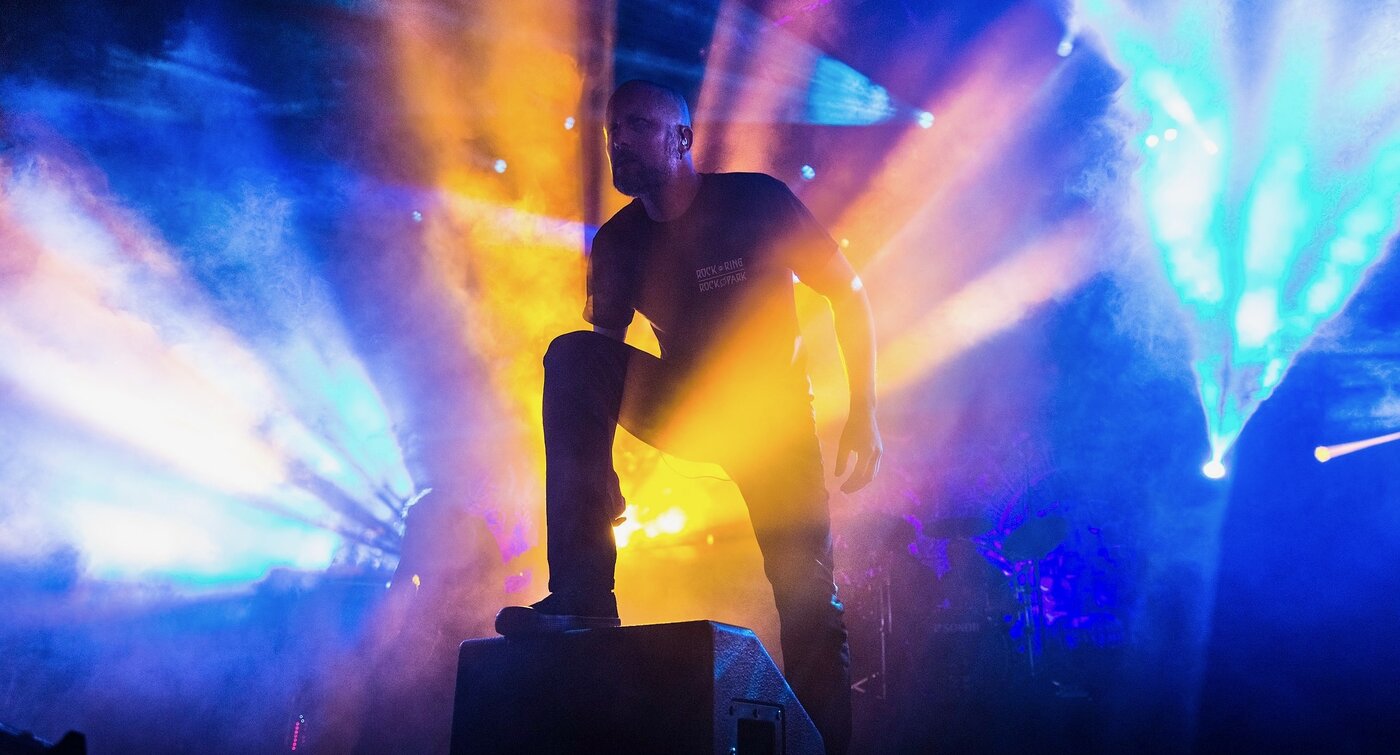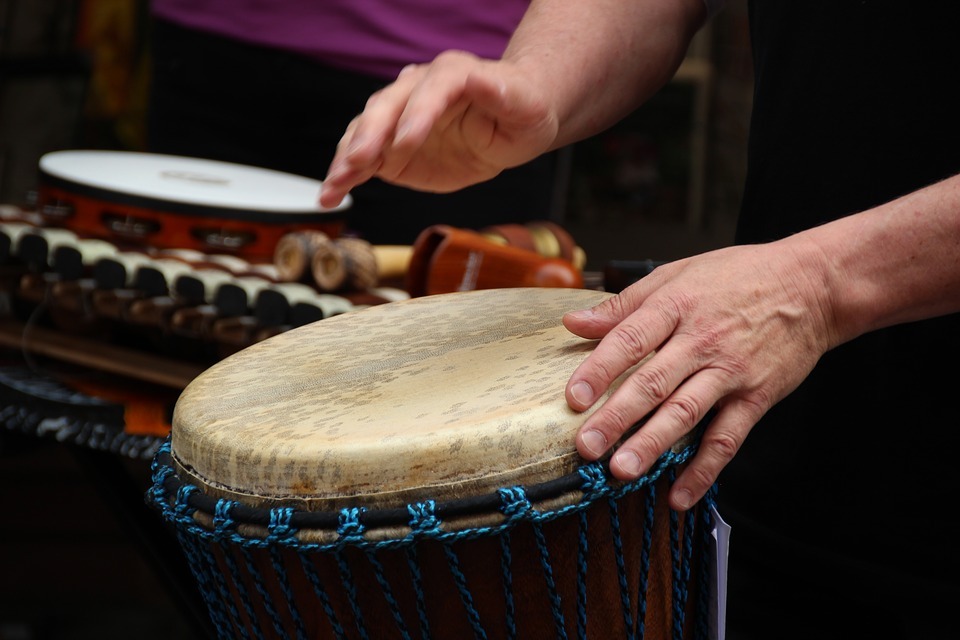How Do Psychedelics Affect Musical Ability?
Listening to certain music while on psychedelics can be a highly memorable and therapeutic experience. Since the 1950s, the presence of a carefully curated playlist has been treated as an essential part of psychedelic-assisted therapy; so much so that psychedelic researchers have referred to music as ‘the hidden therapist’. (However, more recently, researchers have also…
View Post



